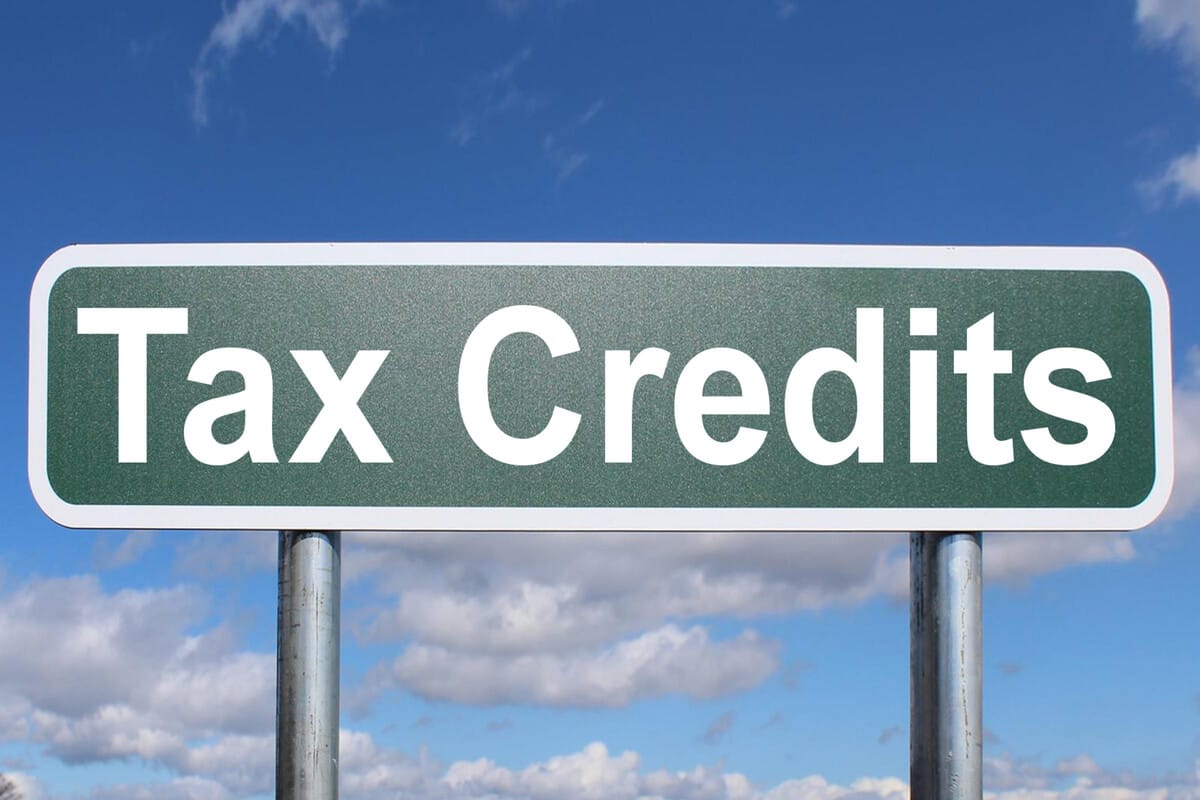For many homeowners, summer signifies the perfect time to embark on home improvement projects. By investing in certain energy-efficient updates, taxpayers can not only lower their power bills but also score some valuable tax breaks.
Energy Efficient Home Improvement Credit
The Energy Efficient Home Improvement Credit equals 30% of qualified expenses (up to $3,200) incurred to improve a home after January 1, 2023. Examples of qualifying improvements include insulation and exterior doors or windows. This credit offers a substantial incentive for homeowners to make their homes more energy-efficient.
Residential Clean Energy Credit
The Residential Clean Energy Credit is equal to 30% of qualified property installed in a U.S. home from 2022 through 2032. Examples of eligible installations include solar electric panels, solar water heaters, and wind turbines. This credit aims to encourage the adoption of renewable energy sources in residential properties.
Additional rules and limits apply to these credits, so it’s essential for homeowners to familiarize themselves with the specific requirements. For more detailed information, visit the IRS website: IRS Home Improvements Could Help Taxpayers Qualify for Home Energy Credits.
In the context of leasing, understanding the lease meaning and lease definition is crucial for both lessors and lessees. A lease is a contractual agreement where one party (the lessor) grants another party (the lessee) the right to use an asset for a specified period in exchange for periodic payments. This arrangement can apply to various assets, including real estate, vehicles, and equipment.
What is a lease? In essence, a lease outlines the terms and conditions under which the lessee can use the asset. It includes details such as the lease duration, payment schedule, maintenance responsibilities, and any restrictions on the asset’s use. Understanding these terms is vital for both parties to avoid potential disputes and ensure a smooth leasing experience.
By leveraging energy-efficient home improvements and understanding the intricacies of leasing agreements, homeowners can make informed decisions that benefit both their finances and the environment.






